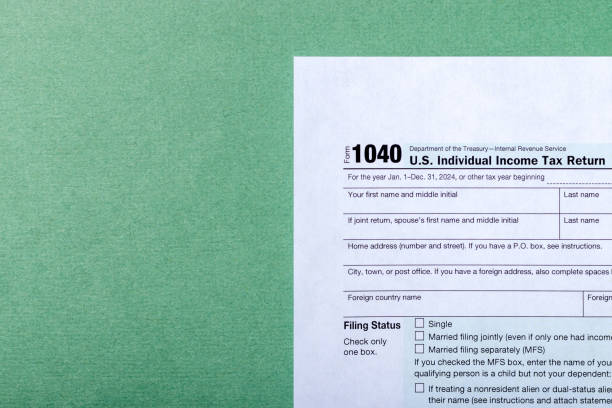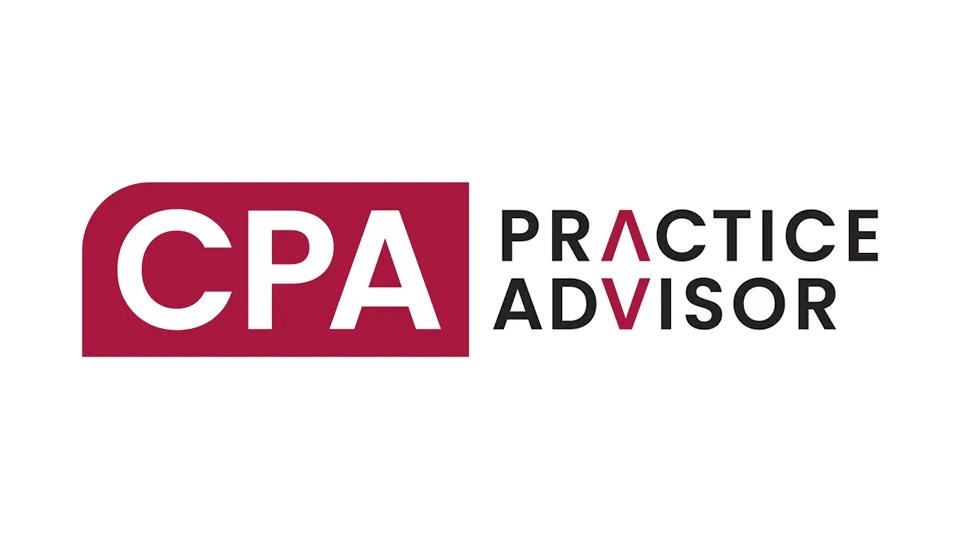Wow! I just read an article about a woman who died six years ago and no one noticed. (Talk about a senior’s biggest fear.) It seems that she had so much liquidity in her bank account that her automatic payments lasted that long – before her mortgage company finally foreclosed.
The police aren’t releasing her identity until they reach next of kin – who clearly cared so much about her, they didn’t look for her all these years.
Naturally, once I get past the horror of this, tax issues come to mind. There are several years of unfiled tax returns – which probably include dividends and/or interest. The most recent year will include a cancellation of debt (COD). Do you think that the IRS will waive late filing penalties and COD income under the circumstances? Are there still assets from which to pay the taxes before the funds are distributed to the heirs? Should the foreclosure be reversed and the house returned to the heirs to sell, so the bank can be paid off?
Those are fun questions to play with. No doubt, someone will have to address them for the family.
But let’s take a brief look at an ordinary death.
Someone wrote to TaxMama asking what to do about a 1099-S issued to a deceased taxpayer. Let me just give you a very tiny primer with a few post-death steps.
- Determine if the deceased had assets and income.
- How many heirs are involved? Just a spouse, just one child, or several heirs?
- Discuss with the fiduciary (heir?) how long they expect to take to settle the estate.
- If there are assets to be sold and/or income to be reported, arrange to get a taxpayer ID number for the “decedent’s estate.’
- Decide whether to file the trust return (Form 1041) on a calendar year basis or a fiscal year basis. (The fiscal year would end one year from date of death. This is ideal if the estate can be settled within a year; but not by the end of the calendar year of death.)
- Get written valuations for all the assets owned at date of death. There are many ways to get acceptable values online without the need for a paid appraisal. Put printouts and documents in a permanent file – and provide a copy to the fiduciary.
- File a final tax return for the decedent’s year of death (unless you can prepare a MFJ return with the surviving spouse).
- Prepare an estate return (Form 706) if the assets exceed $5,340,000 in 2014 – or look up the limits for prior years. This only applies to a small percentage of the population.
- Prepare the Form 1041 for as many years as needed. Income will be passed through to heirs via K-1. Losses will be held in the decedent’s estate until the final Form 1041 is filed.
In the case of the person who asked the question, the family doesn’t want to bother with the 1041’s or how to report the sale of Mom’s house. They have left everything in the hands of one sibling who handled all the details of the estate, paid the bills, sold the house, etc. All they cared about was getting their hands on the cash.
Pity. Filing the 1041s would net each heir over $7,000 in long-term capital losses – and possibly additional pass-through losses from the cost of maintaining the house until it was sold. Oh well, their loss.
——
Eva Rosenberg, EA is the publisher of TaxMama.com®, where your tax questions are answered. Eva is the author of several books and ebooks, including Small Business Taxes Made Easy. Eva teaches a tax pro course at IRSExams.com and tax courses to help you deal with tax debt http://www.cpelink.com/teamtaxmama .
Thanks for reading CPA Practice Advisor!
Subscribe Already registered? Log In
Need more information? Read the FAQs
Tags: Tax Planning



